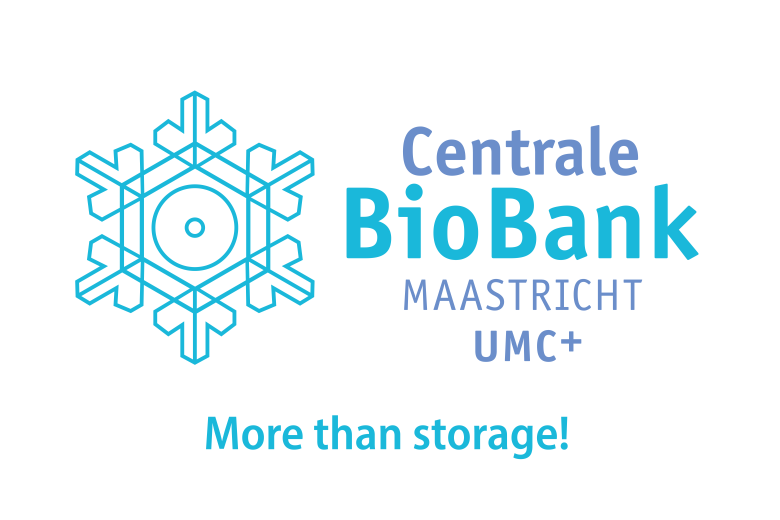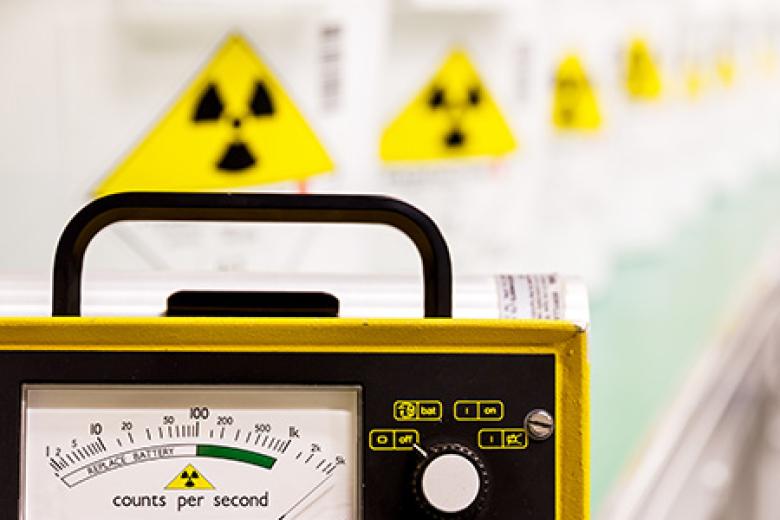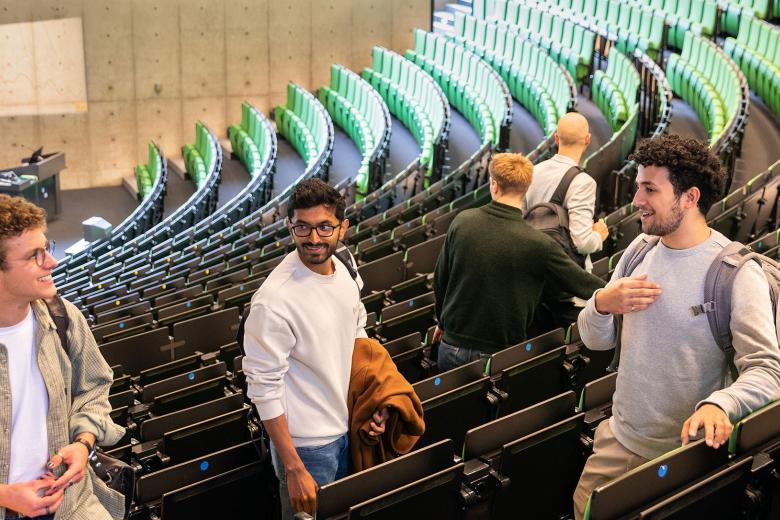Central Research Facilities FHML
Central Biobank Maastricht UMC+
The Central Biobank Maastricht UMC+ facilitates scientific research by supporting the processing, storage, distribution, and registration of biological materials. The Biobank has extensive expertise in national and international standards for the pre-processing and storage of biomaterials. It operates its own laboratory for these activities. Pre-processing is carried out according to protocols developed in consultation with the researcher. Additionally, the Biobank frequently collaborates with other departments for specific pre-processing procedures.

Radio Nuclides Laboratory (RNL)
The RNL is designed for working with ionizing radiation, allowing researchers from all departments and institutes holding a license under the Nuclear Energy Act to safely conduct their experiments. The department consists of various laboratories and specialized equipment focused on handling dispersible radioactive substances and sources. X-ray devices are available for irradiating cells or laboratory animals as part of scientific research or veterinary diagnostics.

Central Glass Sterilisation Department (CGSA)
The Central Glass Sterilisation Department (CGSA) handles the cleaning and sterilisation of glassware and other laboratory supplies. The CGSA is located at Universiteitssingel 50, room G4.213. Distilled water is also available at this location.

Facility for Weighing High-Risk Substances (VAS)
The VAS Lab (Facility for Weighing High-Risk Substances) is a central facility for the safe and controlled handling of highly toxic substances. Highly toxic substances include carcinogenic, mutagenic, reproductive toxicants, and very toxic substances, as well as inhalation-sensitizing agents.
Are you planning to work with a substance that falls into one of these categories? If so, please contact the chemical manager of your department.

Ultra Centrifuge Lab (UCL)
The Ultra Centrifuge Lab (UCL) is a central research facility that supports researchers in scientific studies requiring high-speed or ultracentrifugation. The lab is located at Universiteitssingel 50, room G3.247C, and is equipped with multiple ultracentrifuges suitable for applications such as the separation and purification of biomolecules, including DNA, RNA, proteins, and vesicles.

Central Culture Facilities
The central culture facilities provide researchers with the opportunity to safely perform work with cells and bacteria up to biological safety level ML-II. For this purpose, the FHML offers the following central research facilities:
ML-I Bacteria Lab
ML-II Bacteria Lab
ML-II Cell Culture L
ab



